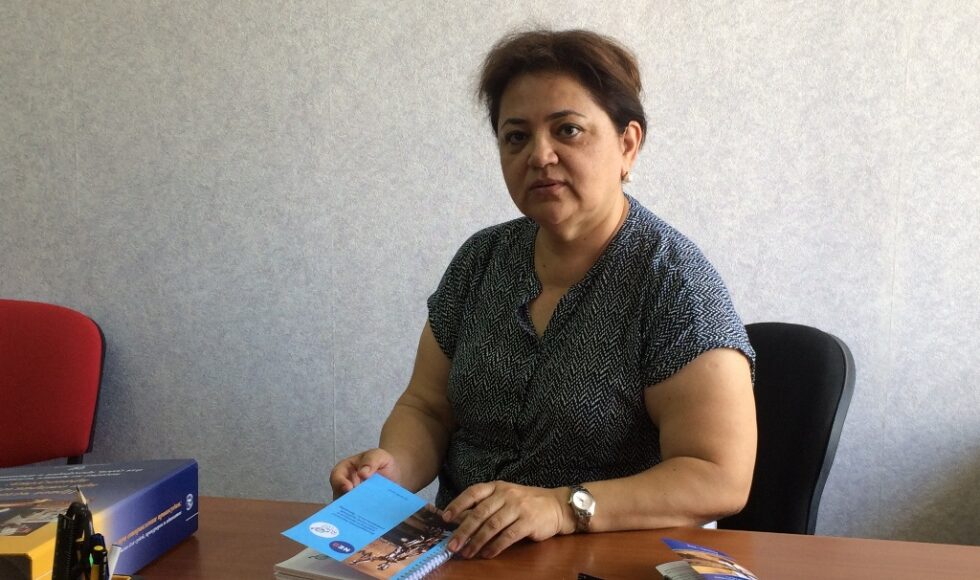The Mir Prava public organization has published a study on the openness of the trial and the openness of judicial information in Dushanbe.
Director of the World of Law NGO Gulchekhra Kholmatova said in an interview with AP that the study of the publicity of the trial and the openness of judicial information was carried out in March-April of this year within the framework of the project “Realization of the right to public proceedings” funded by the National Fund in support for democracy.
Access to trial
“The work carried out has shown that, in particular, access for media representatives, journalists and the public to attend court proceedings (both criminal and other types of proceedings) is not directly provided for in the current legislation. The Law of the Republic of Tajikistan “On periodicals and other mass media” prescribes that “the mass media have the right to receive information from state bodies, organizations and their officials in the manner prescribed by the legislation of the Republic of Tajikistan. State bodies, organizations and their officials, transmitting the necessary information to the media, provide favorable conditions for familiarization with the documents. “(Part 2 of Art. 23” The Right to Receive Information “). Further, in the same article it is said that state bodies, organizations and their officials immediately provide urgent information of public importance, which is not included in the list of information constituting state secrets and other information protected by law and does not require additional study (part 3 Law) “, – says Kholmatova.
The lawyer emphasized that neither in this legislative act, nor in any other normative legal or by-laws, the right of journalists and other media representatives, the public to be present in a trial – in a criminal, civil, economic or administrative not directly pinned.
The authors of the study acknowledge that Tajikistan has a good regulatory framework to ensure the information transparency of courts.
“Despite the fact that the laws formulate only general norms, nevertheless, numerous uncertainties often arise precisely in their specific application, therefore it is very important that nothing is overlooked, if not at the level of preparation of the law, then at least at the level of subordinate of acts: the maximum detail of laws should be carried out, ”the lawyer says.
Use of equipment in courts. Country experience.
According to the researchers, with prior permission, you can bring a mobile phone, computers, voice recorders, photo and video cameras and other equipment into the courtroom.
Use of equipment in courts. Country experience.
According to the researchers, with prior permission, you can bring your mobile phone, computers, voice recorders, photo and video cameras and other equipment into the courtroom.
“In Russia, the USA there are no restrictions, in the Netherlands only a mobile phone is allowed, a computer and other equipment can only be carried by journalists and only with permission. Items not allowed to be brought into the building are handed over to the storage room at the entrance, ”she says.
Regarding video filming, Kholmatova says that it is possible to shoot in office premises only with the permission of the administration (Russia and the United States), only official information posted in the corridors can be filmed in the corridors, and people only with their consent (Russia), or you can shoot everything and everyone (USA), or you can’t shoot at all, interview, etc. (Netherlands) In the Netherlands, if a permit to enter the courthouse is obtained, then it is automatically allowed to enter into the courtroom. In the United States, photo and video equipment cannot even be brought into the courtroom with a cover, if there is no permission to shoot (the permission itself is given in exceptional cases). In Germany, a mobile phone can be taken to the courthouse, but no one can bring it into the courtroom (it is deposited or storage cells are installed)
Access to information on sites
One of the components of the study was the procedure for placing judicial acts on websites


